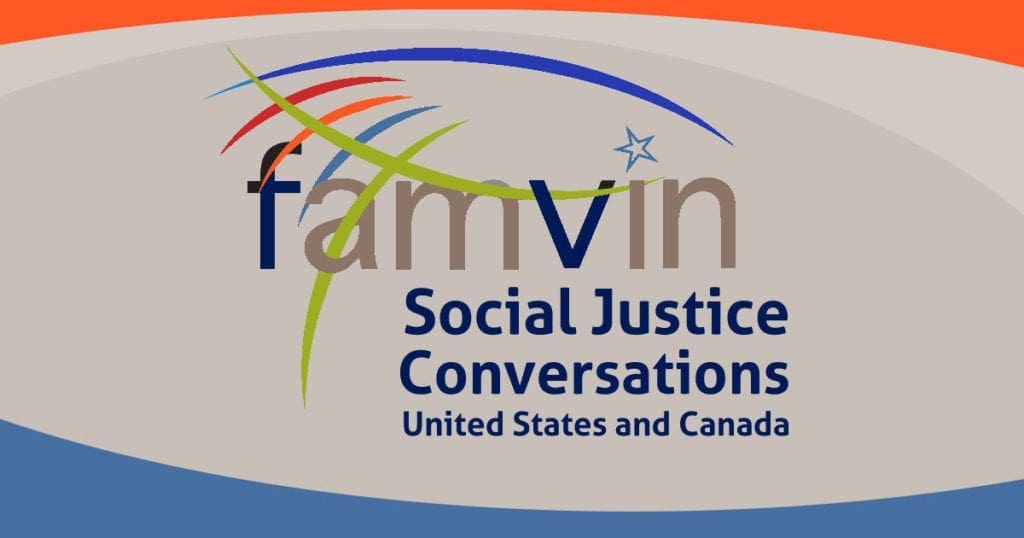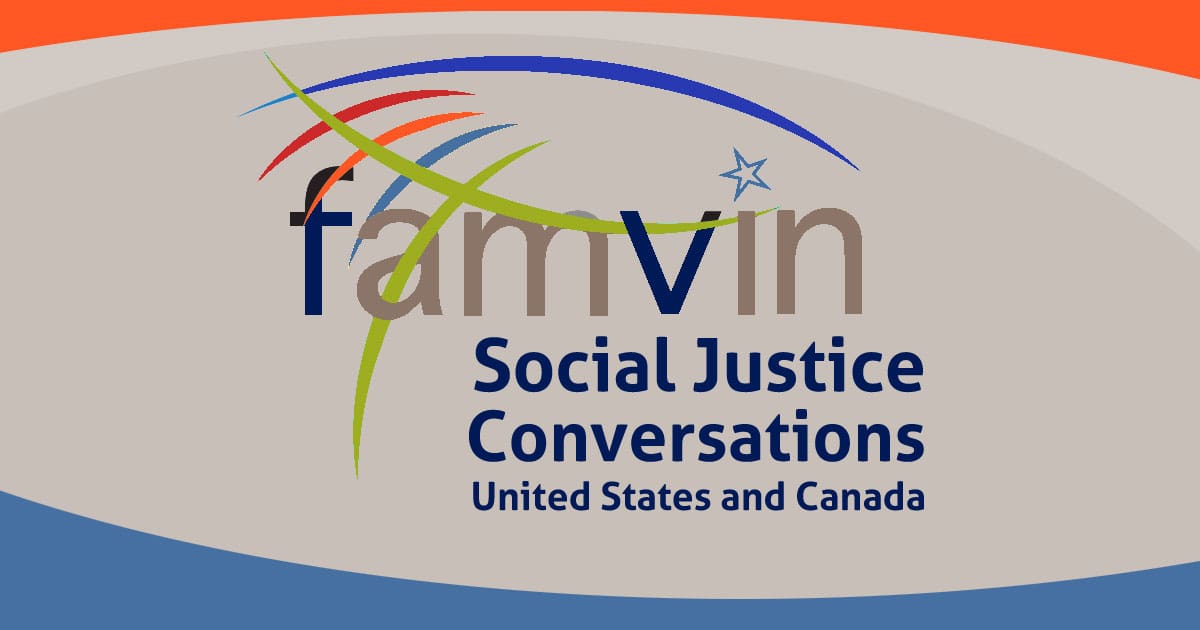55 years On Still Soul Searching
Have you ever wondered how effective our advocacy efforts are? I am not questioning our commitment, but rather the results we are achieving. We appear eager to feed our neighbors in need but are less diligent in pursing the steps that remove the barriers that often keep families in poverty generation after generation.

A fellow Vincentian brought my attention to an interview with Dr. Martin Luther King, Jr. on May 8th, 1967, by NBC’s Sander Vanocur. Watching it is both sobering as well as educational. If you did not know who Dr. King was and did not know that he passed away a year after the recording in 1968, you would be forgiven too if you believed that this was the present day. Swap the war in Vietnam with Ukraine (or some other unrest anywhere else in the world), and you will see that not much has changed.
Generally, when we remember Dr Martin Luther King, Jr. our default is his “I Have A Dream” speech. His calls for nonviolence echo every single time when out of frustration people take to the streets. The comments always seem to re-emphasize that there is only room for nonviolent calls when we seek redress of some of the injustices that plague communities of color. There have been significant changes for a handful of people, but for most the problems he refers to, his interview is still sadly relevant today for the majority of the population.
Dr. King refers to his dream having turned into a nightmare in his interview. He continues to say he is “not one to lose hope. I keep on hoping. I keep faith in the future.” And yet here we are. The future he spoke of 55 years ago is now; yet poverty and the accompanying injustices continue to be ingrained in our communities. The slums he saw are still everywhere, and African Americans continue to struggle to crawl out of poverty without much tangible success. The only difference is that the desperation is breeding a new problem in the form of violence. It is not the violence that Dr. King spoke of, but instead it is coming from within.
Listening to Dr. King’s interview as he covers the challenges of the “new phase” of the civil rights struggle is extremely informative to the issues faced today. For example, not having a visible villain makes it difficult to motivate people into action. The sense that there aren’t any legal segregation policies in place guarantees that people will not buy into the changes needed to rid society of institutional racism. Like Dr. King did almost six decades ago, we continue with our “soul searching” and agonizing over the same issues. Are we able to temper our efforts with some solid realism and yet still keep our hope alive, all the while adopting his dream that one day our children will be judged by the content of their character?
Pam Matambanadzo
Society of St. Vincent de Paul
National Board Member and Chair of the National Multicultural & Diversity (MCD) Committee
Member of Voice of the Poor National Committee
Tags: social justice







Wonderful article, Pam.
“Not having a visible villain makes it difficult to motivate people into action.” This is probably the most important sentence of your article. We all want to do good. We have many volunteers to help feed families, to pay their rent, to pay their utilities. It really makes us feel good.
But, when we see the “Hundreds” of unjust laws being imposed, supposedly on society as a whole, and we know these apply mainly to the poor and marginalized, we appear to hit a brick wall. As if the Gospel is NOT telling me to engage my, Elected State Officials, My Mayor, My Governor, My Elected Officials in Washington. Very Good Article.
Have we become acclimated to the carnage and violence we live in? Are we part of the problem?